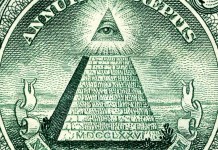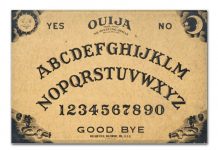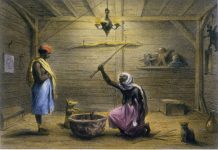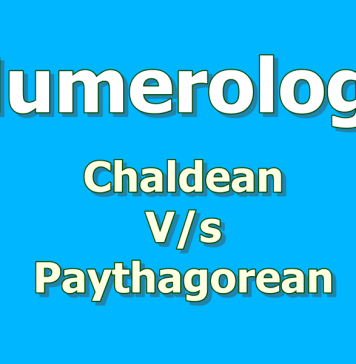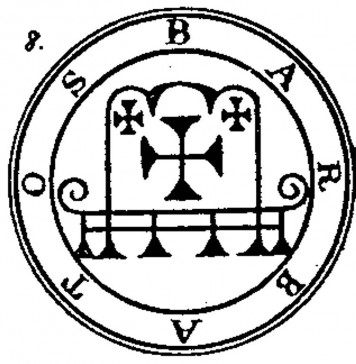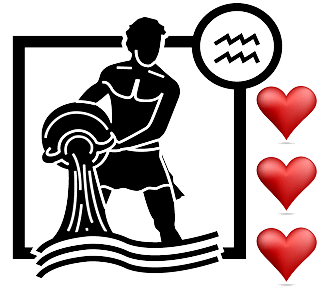Western esotericism, also known as Western mysticism, Western mystery tradition, and Western Hermetic tradition is a term used to cover certain occult practices including alchemy, astrology, herbalism, tarot, Gnosticism, Hermetism, spiritualism, numerology, kabbalah, ritual magic, and other bodies of occultic lore. It seeks to group all of these things into one coherent body of works and doctrine. Many of the subjects are considered, pseudosciences or protosciences and are quite ancient, with roots stretching as far back as the second and third centuries. Hermetism, Gnosticism, and Neoplatonism developed during Late Antiquity, Kabbalah and Christian theosophy during the Renaissance, Rosicrucianism and Freemasonry began in the 17th century, Theosophical Societies and the Hermetic Order of the Golden Dawn were developed in the 19th century and these, in turn, influenced the development of Thelema, modern paganism, and Wicca.
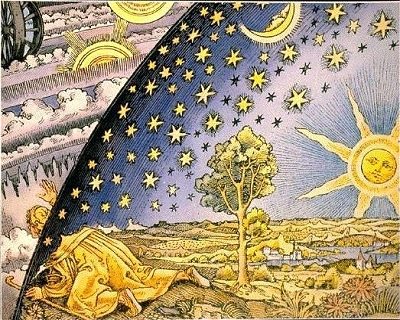
The Six Characteristics of Western Esotericism
Historians of Western esotericism have identified six fundamental characteristics that define something as esoteric, four of which must be present for something to be considered esoteric and two which may be present but are not required.
1. The idea that there are real and symbolic correspondences between all things in the universe, both macro and microcosms. This is usually represented with the idea of “As above, so below”.
2. That nature is living and is complex, plural and hierarchical.
3. Great emphasis must be placed on tools that provide access to the worlds and levels of reality that are found between the material world and the divine world. These tools include ritual, symbolic imagery, mandalas and other tools.
4. An esoteric must place emphasis on the transformation of the self, such as through spiritual transformation through the practicing of their rituals.
5. There should be a fundamental principle that unifies the people, bridging other beliefs and bringing people of different faiths together under one banner.
6. The process of initiation is involved in the transmission of beliefs and teachings.
History of Western Esotericism
Western esotericism stretches as far back as the Roman Empire, but in its modern incarnation is a blanket term for all the different beliefs that have developed outside of the major religions of the world, though many forms of esotericism have roots in the major religions such as Kabbalah which stems from Judaism.
There have been a great number of famous individuals in history, from all walks of life and religions who have had a hand in the development of Western esotericism. Pythagoras, Plato, Aristotle, Augustine, Francis of Assisi, St. Thomas Aquinas, Martin Luther, George Fox, Moses ben Shem Tob de Leon, and Hasan of Basra. All of these people across the centuries were influenced by one another and their own belief systems and together brought about the different ideas that create Western esotericism. Gathering all these different traditions and philosophies together under the banner of esotericism began in the late seventeenth century. Western esotericism has become more and more prominent in modern art and music, with symbolism popping up all over the place. Unfortunately, so few people are well versed in the true meanings of the symbols that are being used that the importance and usefulness of the symbols is being lost.

